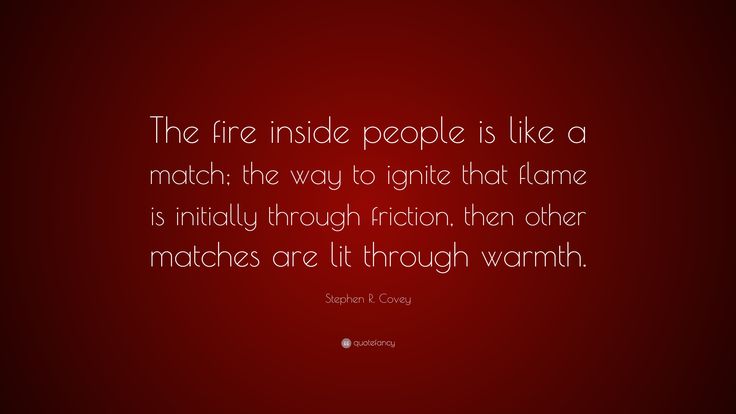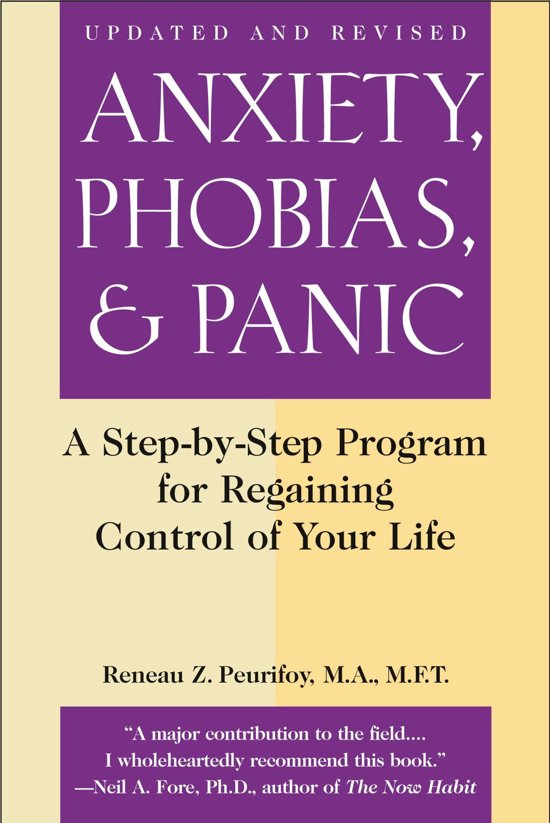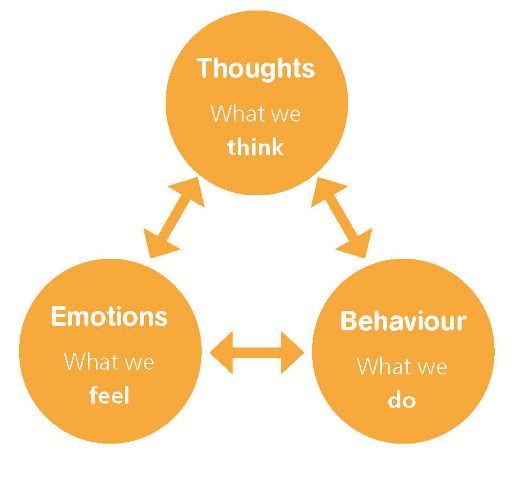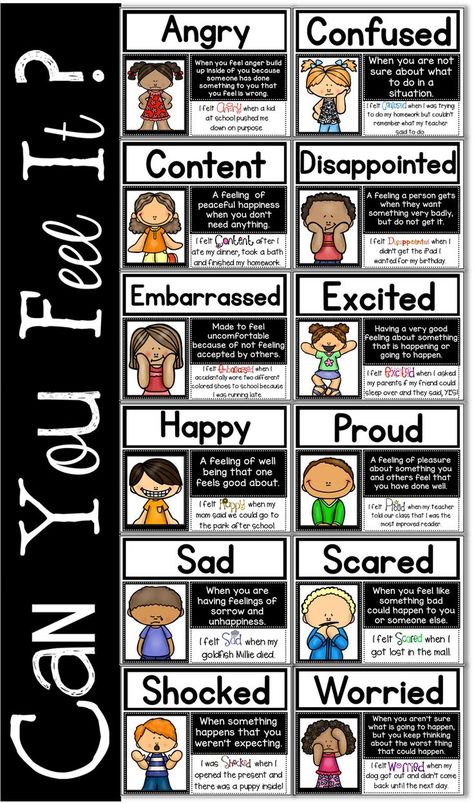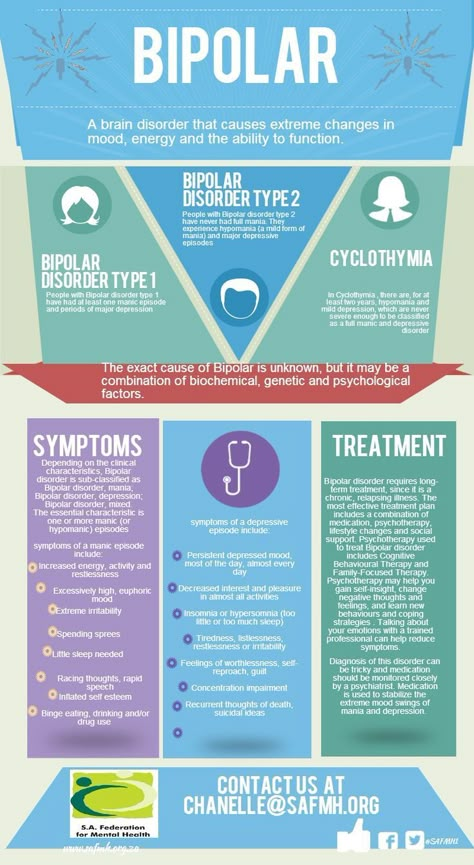What to say when someone hurt your feelings
5 Steps for Telling Someone They Hurt or Disrespected You
I have a friend who constantly interrupts me and finishes my sentences. The worst part of this interaction is that what she says when she finishes my sentences is not what I intended to say. I love my friend, but there are times I am so frustrated with her... but then I shut down and quit talking.
How do you tell someone they frustrated, discounted, or hurt you, and tell them in a way that enriches, not harms, your relationship?
Source: fizkes/Depositphotos
Telling someone directly how you feel about what they did is often uncomfortable but easier on your mind and body than holding your anger and fear inside. In my experience, when you share what you feel with the intention to improve your relationship because it is important to you, not to punish or hurt them back, they will hear you. They may get defensive when you tell them, but they won’t feel you are pushing them away. The adjustment you want to see will begin, even if they can’t completely change this habit.
Here are the five steps for sharing your feelings so you are heard. You can also view a video summary of these tips.
1. Start with
why what you want to say is important.You might say, “I would like to share something with you because I value our relationship.” Or at work, you might say something like, “I know that us working well together will help us both reach our goals. Can I share something with you that could improve our collaboration?”
2. Briefly describe what happened that felt hurtful or disrespectful.
Say, “When I was talking, you (said or did this).” Don’t go into a long story about what occurred or try to soften the blow by saying you know they didn’t mean to be offensive. One sentence that describes your experience of their behavior is enough.
The other person might interrupt you to explain themselves. Tell them you want to hear what they have to say, but you would like to finish first. Say this calmly, without anger, so your emotions diffuse instead of add to their resistance.
3. Say how their behavior made you feel—the impact.
This statement is the critical piece of your delivery. They can’t debate how their actions made you feel. Cleanly say that it felt like what you had to say was not valuable. You feel angry, frustrated, hurt, scared, or you just give up when this happens.
Use “I” statements. Don’t blame them for not caring or judge them for being insensitive. This is how you feel when they act this way regardless of their intentions.
4. Ask for what you need going forward.
What would you like them to do instead of what happened? Again, be specific, such as asking if they could allow you to finish your sentences, include you more in group conversations, or be open to honoring and discussing different ways of seeing things instead of debating what is right and wrong. Then accept their response, knowing they heard your request. They may need time to process what you shared.
5. End by reinforcing
why you are making this request.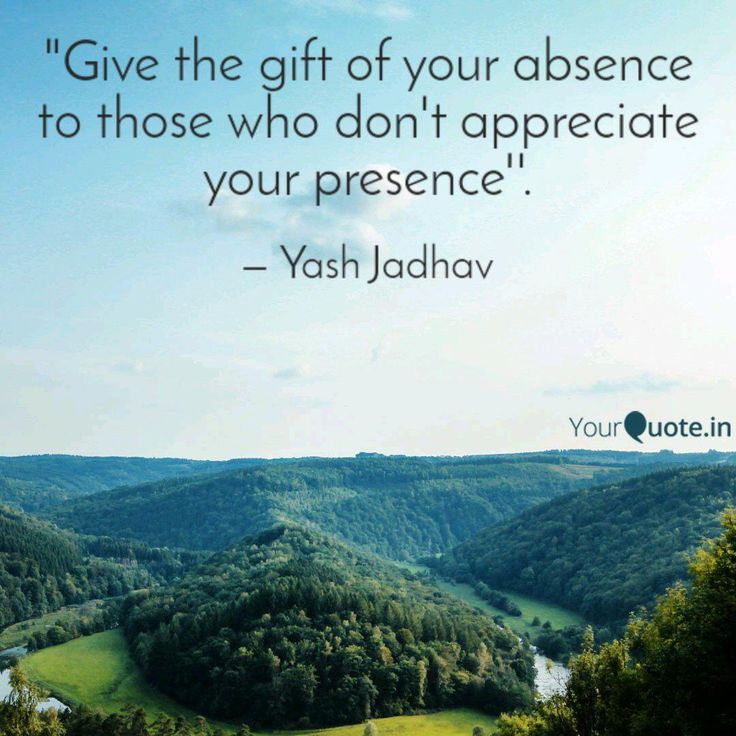
Tell them again why your relationship is important to them. You want both of you to feel good about your conversations. You hope they let you know if anything you do impacts your interactions, too.
If you don’t share when you feel badly in a conversation, you create distance instead of connection. Muster your courage to share your reactions and requests, knowing they can adjust even if the change takes time. If the relationship is important to you, it’s worth it.
Facebook image: PR Image Factory/Shutterstock
11 ways to respond when someone hurts you deeply
Life is full of unexpected ups and downs.
It’s usually those closest to us who inflict that physical or emotional pain that turns everything inside out.
There comes a time in most people’s lives when they find themselves betrayed by someone they care about.
Whether this betrayal is once off or ongoing, the pain is real. The feelings of anger, resentment and betrayal are overwhelming.
Here’s 11 ways to respond when someone hurts you deeply and how to move forward.
1) Recognise where the hurt has come from
Before you respond to someone who has caused you pain, it’s important to work out where that pain has come from. Here’s two things you need to consider:
- Not all hurt is intentional. It might be unintentional, or even a simple misunderstanding. This doesn’t change how you feel about the pain, but will change how you approach the situation. Dig deep and trust your gut instinct. It can be easy to think the worst of someone who has caused you pain. Instead, try and look at the situation objectively to consider whether or not they meant to cause you pain.
- Focus on the present. When someone hurts you deeply, it can also dig up past hurts. This new pain can trigger pain from the past and cause a flooding of feelings that can often be overwhelming. Bring it back to the present. Focus on the current pain and work on getting through that.
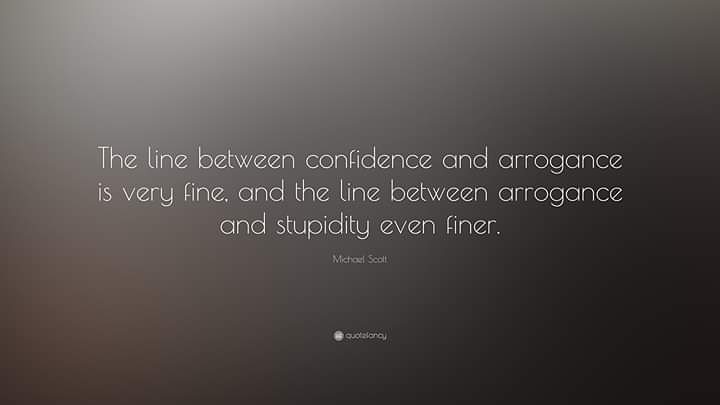 It’s about tackling the hill, not the mountain. The mountain can be chipped away at in time.
It’s about tackling the hill, not the mountain. The mountain can be chipped away at in time.
It helps to put some space between you and the person who has hurt you to allow you to process all these emotions.
It might take a week for you to be in the right headspace to have the conversation, or it might take you a month. That’s okay. Being ready is key.
Once you have a clear head and can look at your situation objectively, you’re ready to open up that conversation with the person who has hurt you.
Your emotions have a chance to settle, so you can be calm and prepared when it comes to responding.
2) Think about what you want to say
There’s no easy way to respond to someone who has hurt you deeply. But it helps to plan carefully what you want to say.
Don’t just approach them out of the blue. You will end out spilling out words, missing the point and regretting the direction the conversation takes.
Think through how you want the conversation to go.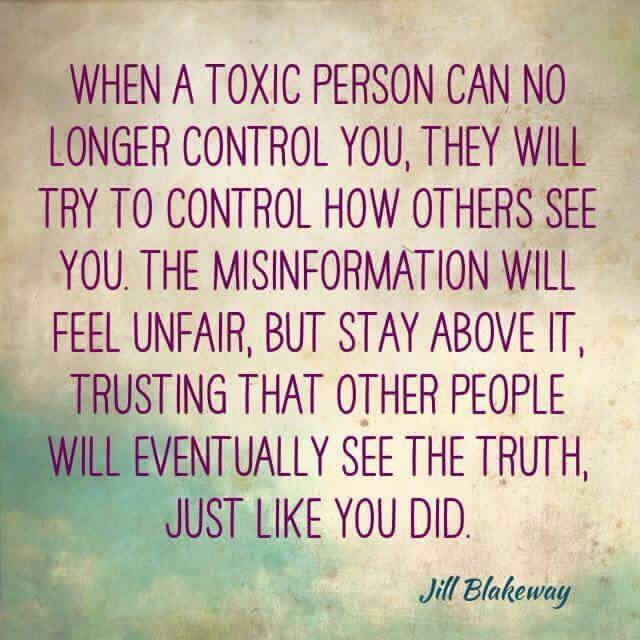 Starting off simple can often be the best way to approach the conversation: “Why did you hurt me?”.
Starting off simple can often be the best way to approach the conversation: “Why did you hurt me?”.
If the conversation spirals in a direction of hurt and accusations, it helps to have statements prepared to help diffuse it: “I simply told you the truth. I just stated a fact. It hurt me when you did (insert hurt). I can’t change the truth”.
This first conversation is the perfect way to get the pain out on the table. It’s important to express your feelings (without attacking the other person).
Don’t expect everything to be healed from this one chat.
A deep hurt takes time to heal.
3) Get advice specific to your situation
While this article explores the main ways to respond when someone hurts you deepy, it can be helpful to speak to a relationship coach about your situation.
With a professional relationship coach, you can get advice specific to your life and your experiences…
Relationship Hero is a site where highly trained relationship coaches help people through complicated and difficult situations, like when you’ve been hurt by your partners words or actions.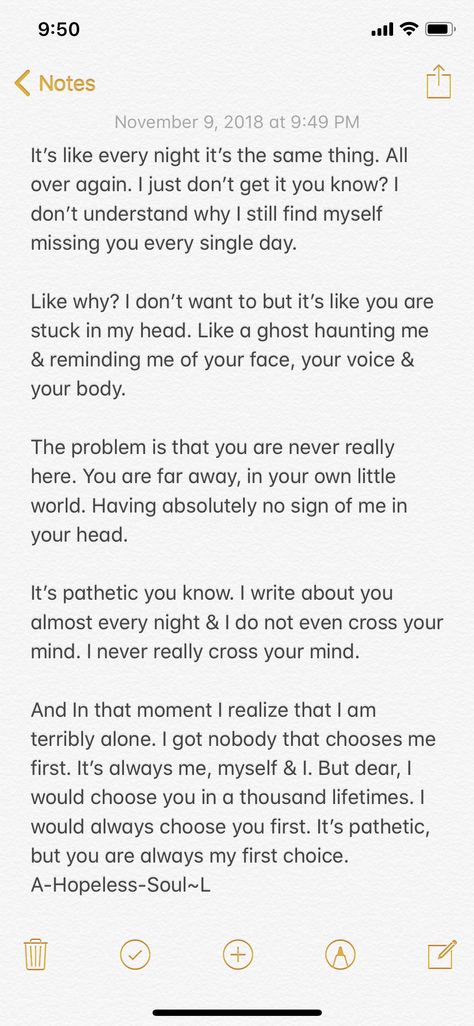 They’re a very popular resource for people facing this sort of challenge.
They’re a very popular resource for people facing this sort of challenge.
How do I know?
Well, I reached out to them a few months ago when I was going through a tough patch in my own relationship. After being lost in my thoughts for so long, they gave me a unique insight into the dynamics of my relationship and how to get it back on track.
I was blown away by how kind, empathetic, and genuinely helpful my coach was.
In just a few minutes you can connect with a certified relationship coach and get tailor-made advice for your situation.
Click here to get started.
4) Avoid making accusations
Instead of making the conversation about them and what they have done with you, flip it to ‘I’ statements.
If you immediately open with accusations, the person will jump on the defensive and the conversation will turn into an argument.
One you don’t want to deal with.
Instead, talk about your feelings: “You’re always yelling” can flip to “I feel hurt when you raise your voice with me”.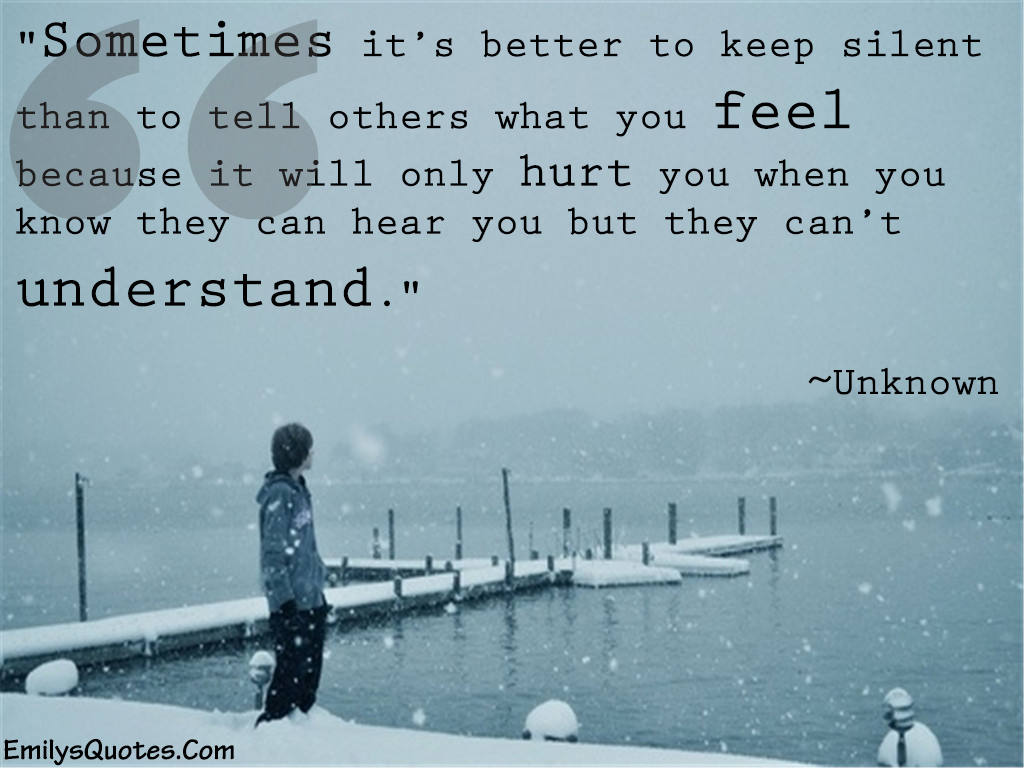
Of course, you are still likely to get hit with anger and criticism at your words. Don’t back down. Simply use the line, “I’m sorry you feel that way” and keep pushing through with how you feel.
Most importantly, let go of the need to be right. When it comes to emotions, there often isn’t a right and wrong. It’s a matter of opinion.
By removing the defensiveness and hostility, you have a greater chance of coming to a mutual understanding and being able to heal some of that pain.
5) Leave the past in the past
When it comes to discussing a present hurt, it can be all too tempting to bring up the past.
It’s amazing how much a current incident has the power to bring up all those past grievances and to make that pain you’re feeling even more unbearable.
The problem is, this isn’t helpful. In fact, it only proves to strengthen those negative feelings you have towards that person.
When you’re ready to respond to the pain they have caused, keep it focused on the current situation.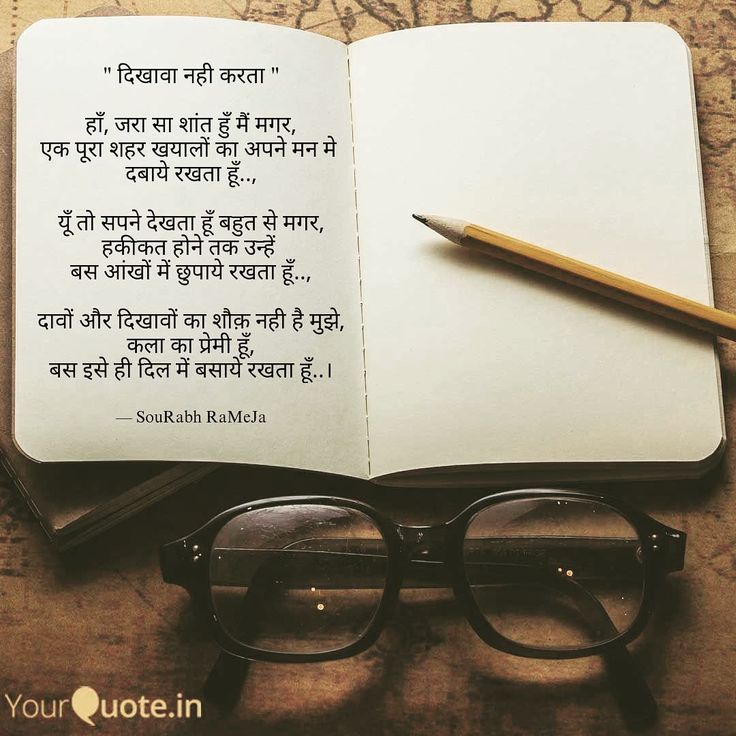 Work through those emotions and leave the past in the past.
Work through those emotions and leave the past in the past.
That way, your relationship has a chance of making it through this and moving forward.
When the past comes into it, things get messy, and that relationship may not recover. Of course, if this person keeps hurting you in the same way, it might be time to consider whether this relationship is actually worth it. Whether you’re getting what you need out of it.
6) Recognise any part you played
Never feel guilted into taking the blame for what happened.
Often, people who hurt you will try and turn the tables to show you that it was your fault in the first place:
- If you didn’t do this, then it wouldn’t have happened…
- If you hadn’t said these words, then I wouldn’t have…
- If you just left, then we wouldn’t be here…
It’s a common tactic people use to deflect the blame and use you as the scapegoat.
Before you even approach them, consider whether or not you did play any role in what happened.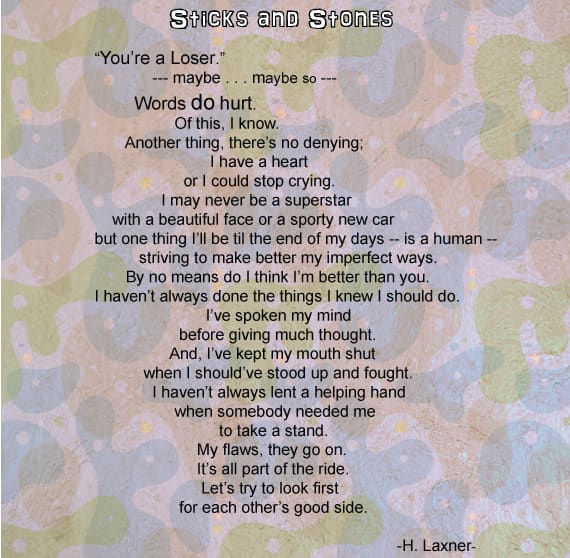 It may be something as simple as misunderstanding what they said.
It may be something as simple as misunderstanding what they said.
Just remember, this does not justify their actions, it simply helps explain them a little better. You are still not to blame.
Now is your chance to be the bigger person.
Bring up any present wrong or oversight that led to the hurt and recognise and apologise for the role you played. But make it clear that you aren’t taking on the blame.
Your own mistakes or actions doesn’t give the other person a pass on taking responsibility for their own actions.
If they bring up something you did in the past, then bring it back to the present. Try these words, “I’m sorry I hurt you in the past, right now I want to focus on the present situation and we can arrange another chance to chat to discuss this past hurt of yours”.
7) Don’t react
This can take a lot of self-control.
The best way to stop yourself from reacting and saying something in the moment is to pause before replying in the conversation.
Take a deep breath, let their words wash over you, and think of an appropriate reply that isn’t going to fire up the situation even more.
Just taking pause and breathing in can add that needed perspective to help you out. Plus, it puts you in control of the situation, rather than letting your emotions take over and run the show.
This is a skill and it can take time to learn, but it will help you stay level-headed and cool when responding to someone who has hurt you deeply – and will help ensure you get the outcome you’re after.
8) Choose compassion
While not always the case, more often than not, those who hurt others do so because they are hurting themselves. They have their own pain. Just because you can’t see it, doesn’t mean it doesn’t exist.
Of course, that doesn’t mean you have to let them off the hook for their behaviour. It’s important they recognise the pain they have caused you.
That’s why it helps to enter the conversation from a position of compassion, rather than being poised for an argument.
If you’re hoping to salvage the relationship with the person who has hurt you, then here are some great conversation points to add in:
- “I care about you.”
- “I respect you.”
- “I want to fix our relationship.”
- “I want to move past this.”
- “I want to understand each other better.”
- “I want to be open with you.”
This is about opening up the lines of communication between the two of you, rather than shutting them down.
Put yourself in their shoes and try and understand where they are coming from as well. If you’re looking for an argument, then they are going to shut down and fight back, or tell you they don’t care. If you’re compassionate, it encourages them to open up as well so you can solve the pain that exists between the two of you.
9) Listen to the other person
When you start a conversation with someone to respond to the deep hurt you’re feeling, it’s important that you’re also willing to listen to them.
Sure, you aren’t always going to like what they have to say, but conversations are a two-way street.
If you’re planning on getting your thoughts and feelings off your chest, then you also have to be willing to listen to theirs.
Give them a chance to share things from their perspective. It might give you a whole new outlook on the situation.
While it can be tempting to lash out and make them pay for the way they have treated you, it’s far better to let them share their side.
Once they have, you will have another chance to respond.
Remember, deep breaths.
10) Forgive
This has to the be the hardest step of them all.
Forgiveness.
When someone hurts you so deeply, it can be difficult to just let it go and move on.
To forgive them for their actions.
If you’re not ready to forgive, then it’s not worth starting the conversation with them just yet.
Give yourself more time to heal and mend.
Forgiving someone for their behaviour means giving them permission to move on. It doesn’t mean you accept their behaviour – but you will no longer hold it against them. The grudge is gone.
It doesn’t mean you accept their behaviour – but you will no longer hold it against them. The grudge is gone.
You hold the power to completely transform your relationship with this person.
11) Set your personal limits
Forgiving someone doesn’t mean going back to the way things were before.
It’s important to put measures in place to ensure you don’t find yourself in the same position again. To avoid that pain you felt.
This can be achieved by setting your own personal limits.
Deciding what you’re comfortable with, entering back into a relationship with this person, and what you need from them.
Remember that you have the right to decide exactly what your personal limits are – and those around you need to respect them.
Moving on after someone hurts you deeply
Forgiveness can be hard.
While your goal is to mend the relationship so you can move forward, letting go of the past is often much harder than to do.
Now that you have responded to the person who hurt you, it’s time to move on with your life.
Here’s some tips to help you out.
Stop rehashing the past
Playing the past over in your mind only serves the purpose of rehashing those negative feelings and leaving them floating around in your head every day. It makes it very hard to move past it.
This isn’t a great way to live.
It doesn’t matter how many different ways you look at the situation, it won’t change what has happened. Instead of letting it control your life, let it go and give yourself a chance to find happiness again.
Let go of the blame game
It can be all too easy to place yourself in the role of the victim and hold onto the blame for what this other person has done.
Feeling bad for yourself is going to hold you back.
It’s hard to find true happiness when you’re too busy playing the victim and feeling sorry for yourself. You will find yourself stuck in a cycle of hurt and pain and unable to leave it behind you.
You will also find yourself entering into new relationships placing yourself as the victim from the outset, as this is a mentality you can find yourself stuck in.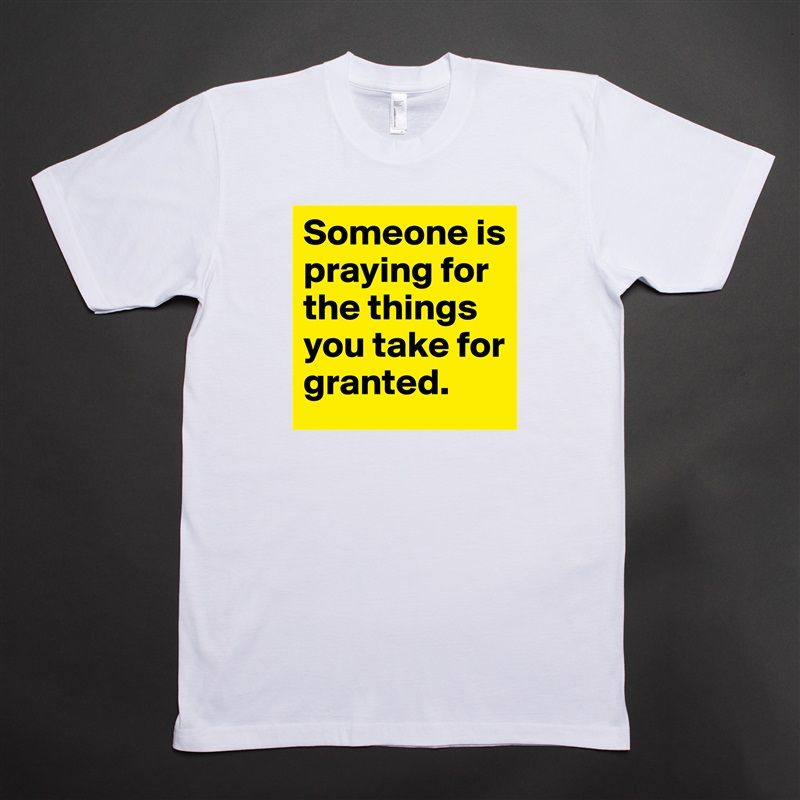
It’s time to stop being the victim and take back control of your life.
Let go of the pain
This is often easier said than done. Letting go of pain isn’t easy.
The truth is, if you let the pain consume you, it slowly becomes part of your identity, making it much harder to shake.
You start to find comfort in everything that comes with the pain: the self-pity, the understanding, the compassion from others.
It’s time to realise there’s much more happiness for you waiting around the corner, simply by letting go of this pain.
Leave this story in your past, and create a happy future. One where you aren’t defined by something that happened to you.
Find the joy again
Being able to let go of pain is a chance to find the joy in your life again.
Think about tings that used to make you happy:
- Going to the movies
- Spending time with friends
- Eating out at restaurants
- Playing sport
If you can’t think of anything, then now’s your chance to pick up a new hobby. Find something that excites you. There are so many options these days, from sewing and sport, to scrapbooking and more. You may need to try a few different hobbies before finding one that truly speaks to you.
Find something that excites you. There are so many options these days, from sewing and sport, to scrapbooking and more. You may need to try a few different hobbies before finding one that truly speaks to you.
Finding joy again gives you something to look forward to each and every day.
The more joy you find, the less you will find yourself thinking about the past and wallowing in the pain.
It’s the perfect way to move on.
Find others to share in that joy
Finally, once you have found that joy again, you can find others to share it with you.
It might mean leaving behind those in your life who have caused too much pain and finding new people you can develop compassionate and understanding relationships with.
Share a meal, head out for a drink. Or go watch a movie and break away from that sadness that has been holding you back.
It might surprise you to find there are people out there who aren’t looking to hurt your feelings. Instead, they want to bring out the best in you and share in that joy.
Can a relationship coach help you too?
If you want specific advice on your situation, it can be very helpful to speak to a relationship coach.
I know this from personal experience…
A few months ago, I reached out to Relationship Hero when I was going through a tough patch in my relationship. After being lost in my thoughts for so long, they gave me a unique insight into the dynamics of my relationship and how to get it back on track.
If you haven’t heard of Relationship Hero before, it’s a site where highly trained relationship coaches help people through complicated and difficult love situations.
In just a few minutes you can connect with a certified relationship coach and get tailor-made advice for your situation.
I was blown away by how kind, empathetic, and genuinely helpful my coach was.
Click here to get $50 off your first session (exclusive offer for Hack Spirit readers).
How to apologize correctly if you offended someone a lot - www.ellegirl.ru
Love
There is nothing to be ashamed of: we all make mistakes from time to time, so we have to apologize. Someone is born with this “gift”, and someone awkwardly mutters “well, you are ... sorry, or something,” because they have no idea how to ask for forgiveness correctly and effectively.
Why is this important? Because there is something worse than the guilt and shame we feel when we offend someone. It is natural for a person to analyze his every step, this is called reflection. It is she who can subsequently develop anxiety, irritability and frustration. And being alone with these feelings is terribly disgusting. Moreover, they slowly but surely destroy your nervous system. And who wants to spend all the nerves by the age of thirty?
Of course, it's better not to offend people at all - then you won't have to apologize.
Unfortunately, it is not so easy, because sometimes we do it unwittingly and do not even guess what exactly can hurt a person. So a sincere and effective apology is one of the most powerful tools in building relationships. And in order not to break firewood, let's heed the advice of an expert. Psychiatry professor and author of On Apology , Aaron Lazar, has four steps that will almost certainly help resolve conflict.
So a sincere and effective apology is one of the most powerful tools in building relationships. And in order not to break firewood, let's heed the advice of an expert. Psychiatry professor and author of On Apology , Aaron Lazar, has four steps that will almost certainly help resolve conflict.
- Photo
- tumblr.com
PUT YOURSELF IN THE OTHER'S PLACE
Perhaps the most important element of apologizing is to fully accept your guilt. This means that you need to understand what exactly your fault is, how it affected the person, and how he feels now. In short, put yourself in the place of the offended.
It's difficult. Aaron Lazar explains: “Some people give up already at the first step because they make an incomplete apology (“sorry for anything”), use passive constructions (“mistakes were made”), make the apology conditional (“if mistakes were made”), repeat “I’m sorry” instead of admitting what they are truly guilty of or even apologizing for something else. ”
”
Research confirms the importance of this step in an apology.
So, instead of blurting out “sorry-sorry-sorry-sorry-sorry!” a thousand times, think about what you are apologizing for and how the person feels after your hurtful words or actions.
EXPLAIN HOW AND WHY IT HAPPENED. This is your chance to tell how it happened. It's important not to start this part with "but": explaining and accepting guilt are not mutually exclusive, they just complement each other.
- Photo
- tumblr.com
TALK ABOUT YOUR EXPERIENCE
And this is the part where you can finally say how sorry you are. Express remorse, shame, and humility for how hurting your friend has made you feel. Your words will help the person understand that you are talking to him sincerely and seriously.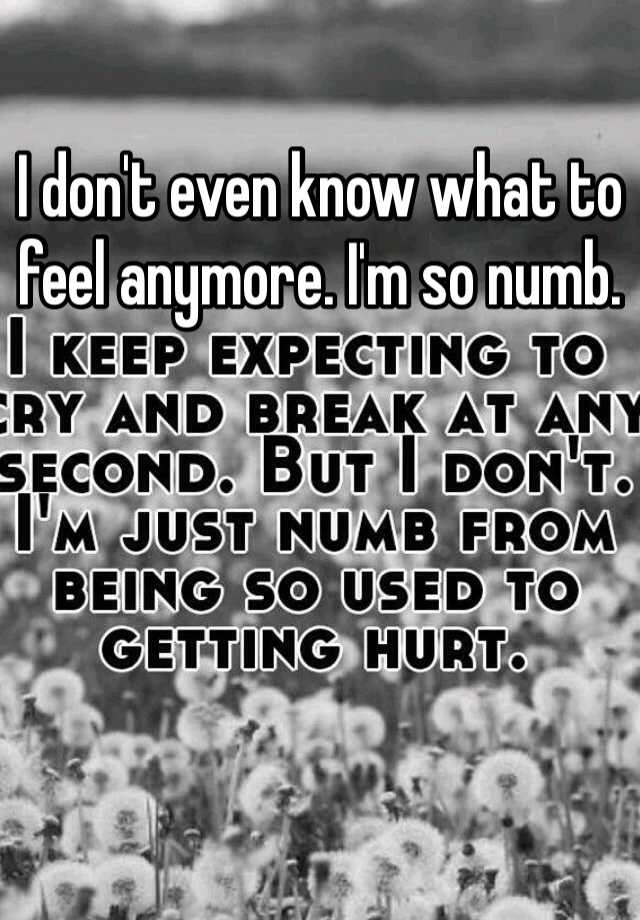
WHAT WILL YOU DO TO IMPROVE THE SITUATION?
To change for the better and prevent the same in the future is the final step of an effective apology, which will show that you are determined to change. Always be ready to talk about what you're going to do next. “Next time I will help you”, “I will definitely keep my promise”, “I will try hard”, “I will be more responsible and stop letting you down”, and so on, depending on the situation.
- Photo
- tumblr.com
We'd like to add one more thing. All quarrels, of course, are very individual. Therefore, it is important to consider the personal characteristics of the person to whom you are apologizing. Either way, stay positive, try to be calm, follow these simple four steps, and don't be afraid to improvise if things go wrong. The most important thing is to keep the relationship that you value!
Margarita Mishina
Tags
- friendship
- about love
- boyfriend
- girlfriend
"Hold on", "I understand you", "It's time" - how not to comfort - About Palliative
Content
"I understand you"
"Calm down" , “Pull yourself together”“You have to be strong!”
"Hold on"
"Everything will be fine", "Everything will be fine", "Life goes on"
"You will have more children", "You will still have a healthy baby"
"It's time"
“God takes the best”, “God took, God gave”, “Now he is with God, he feels good”
“How are you?”
How to help? With indifference
When you think about what to say to a person experiencing grief, either banal words or dry phrases usually come to mind, or you don’t know what to say at all.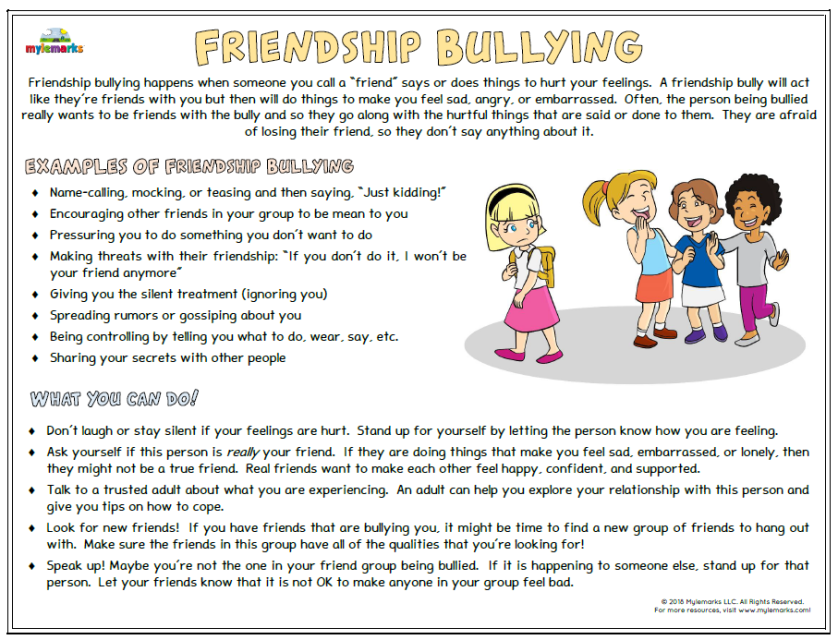 For example, when a person goes to work after the loss of a loved one, colleagues find it important to say: “Condolences,” “I’m sorry,” “I sympathize.” But it’s one thing when it’s said from the heart, by those who really sympathize, it’s another thing when such words are repeated all over the place.
For example, when a person goes to work after the loss of a loved one, colleagues find it important to say: “Condolences,” “I’m sorry,” “I sympathize.” But it’s one thing when it’s said from the heart, by those who really sympathize, it’s another thing when such words are repeated all over the place.
Duty phrases, at best, pass by, but can also offend, anger when they are said just to say, for the sake of form.
This happens not at all because people are stupid, cruel or indifferent, but because they feel embarrassed and consider it their duty to say something, somehow respond to someone else's grief. I believe that the principle should work here: if the words come from the soul, from the heart, if you want to say - speak. But don't use dry platitudes just to say it. If you don’t know what to say, shut up or tell the truth: “I don’t know what to say to you now. What can I do for you to make you feel better? Do you want me to just sit next to you? We can be silent or talk together.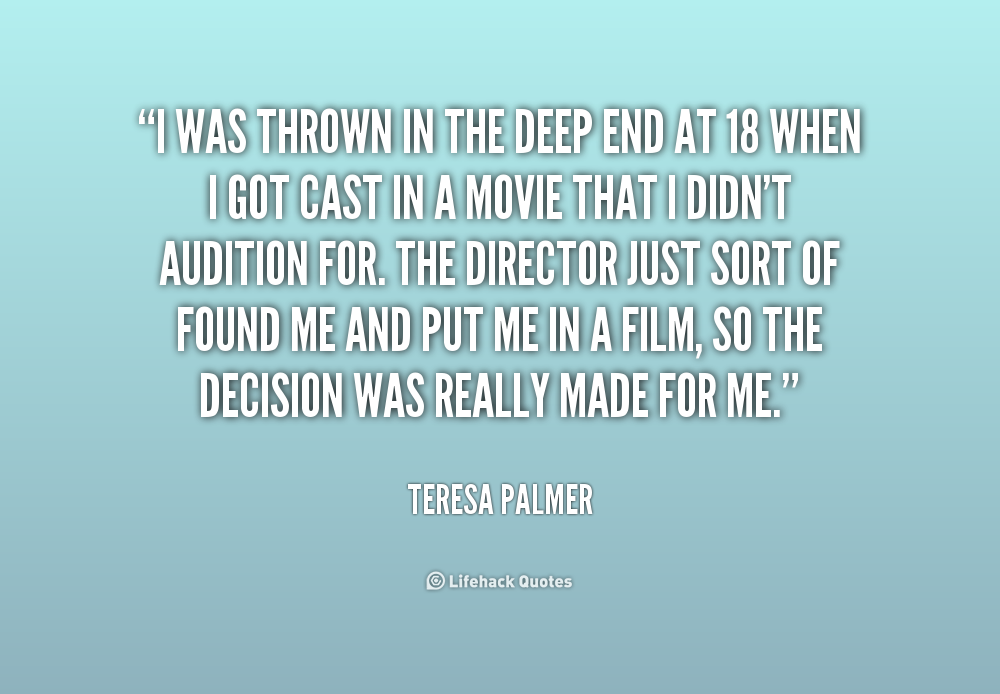 What can I do for you?". Because it happens that people in an attempt to console a grieving person only make it more painful.
What can I do for you?". Because it happens that people in an attempt to console a grieving person only make it more painful.
“I understand you”
Usually the inner reaction to such an attempt to console is: “No, you don't understand!”. Your wounds always hurt more. Even if you had a similar situation in your life, it is yours, you experienced it differently. Grief is always individual.
In addition, when a person experiences his own grief, he does not want to hear about how it was with you. It is important for him to talk about his .
Once we were on the "Hot Line" (“Hotline” of the Center for Emergency Psychological Assistance of the Ministry of Emergency Situations of Russia, which Larisa Pyzhyanova headed from 2007 to 2014 - ed.) A woman called and told how her father, a pilot, died 20 years ago. Once, calling, she got on a young employee. And she began to tell him how hard it was for her, because at that time there was no psychological support, and she was left alone with her grief. And the young guy "on the machine" replied: "Yes, I understand." The woman asked again: “Your father, a pilot, also died 20 years ago?!”
And the young guy "on the machine" replied: "Yes, I understand." The woman asked again: “Your father, a pilot, also died 20 years ago?!”
The words “I understand you” can still be positively perceived when other parents who have also lost a child sympathize so much with parents who have lost a child. And you still need to be careful - everyone's situation is different! Someone had a child who was absolutely healthy, successful and died suddenly, as a result of a tragic accident: in one moment, his whole life changed. For others, on the contrary, the child was seriously ill for a long time, they realized that he would die. Which one is harder? Can they understand each other?
Test. Can you comfort someone in grief?
Take the test “Can you console a person in grief?
Pass the test
Therefore, there are no blanks and standard phrases for consolation, some kind of universal training manual: everything is very individual.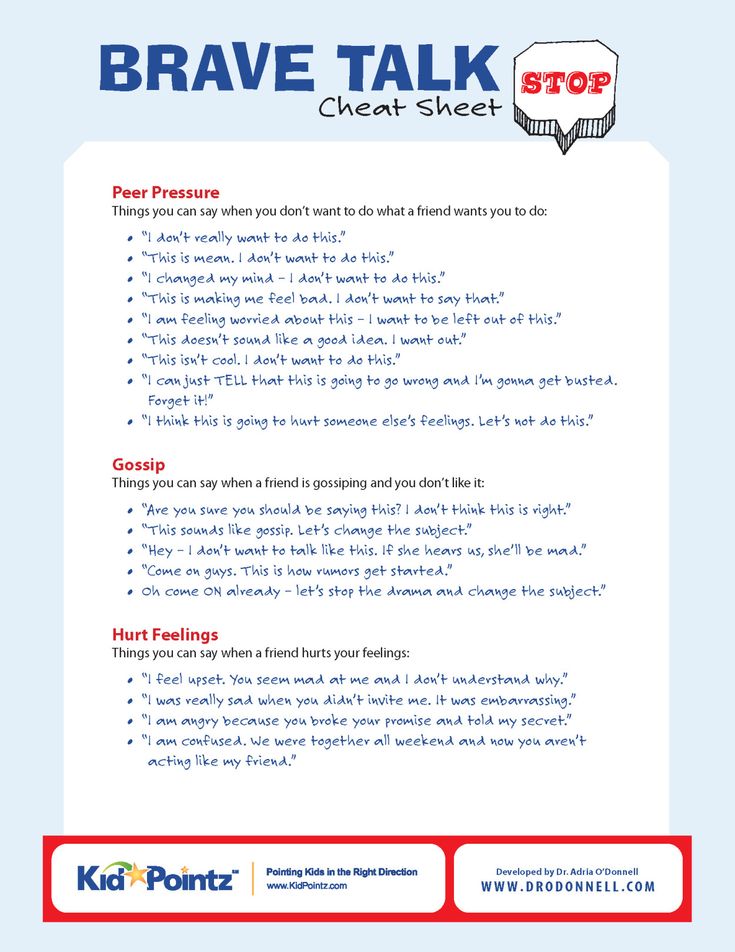
“Calm down”, “Pull yourself together”
you feel!" This is a devaluation of his feelings. It must be understood that if he could, he would have calmed down without any "prompts". But his grief, his fear is poured out in this form, these are such strong emotions that he is not able to cope with them.
Actually, hysterics, screams, aggression, tears are nothing more than a request for help: he wants to be heard, understood.
In this case, it is necessary to recognize and describe his feelings in words: “I see that you are angry.” However, sensitivity is also needed here, it is necessary to choose the right words, because if a person who is furious says directly to the forehead: “I see that you are annoyed,” he will simply explode. You need to get into the emotion exactly: “You can’t cope, you want to do something, but you don’t know what.” Why is it important to say? To make the person feel that you understand him. In fact, all his reactions are about this: “You can’t hear me. Hear me!
In fact, all his reactions are about this: “You can’t hear me. Hear me!
Aggression, rage, hysteria can frighten the very person who shows these emotions. He looks at himself from the outside and thinks: “What am I doing?! I must be crazy."
But in a situation of great grief, crying, crying is normal. We must give him the right to behave like this : “Cry, shout out. You're furious now, let her out. You have a right to it." By giving such “permission” to express feelings, you also remove guilt from a person.
Photo: Priscilla Du Preez / Unsplash
In our culture, it is generally not accepted to openly express one's feelings, boys are told from childhood: “Don't cry”, tears are considered weakness. Therefore, men often hold back. When I saw that a man who had lost a child was balancing on the edge - his lips were shaking, he was clenching his fists - I could sit next to him, take his hand and say: “There are times when everyone has the right to cry, even men. Cry, you have the right to do so . But how else - you have a great grief, how could it be otherwise? He cried. And he felt better.
Cry, you have the right to do so . But how else - you have a great grief, how could it be otherwise? He cried. And he felt better.
Experience of grief at work How to help yourself when you have to experience acute grief and at the same time continue to work, fulfill your social functions
Grief causes strong emotions, acute feelings - and this is an absolutely normal reaction. Sometimes giving someone “permission” to cry when they don’t give it to themselves can be a big help.
"You have to be strong!"
In fact, when we say: "Calm down", "Pull yourself together", "Be strong" - we show concern not for the person who is in grief, but for ourselves.
It’s hard to see other people’s strong emotions, we don’t know what to do with them, we want it to stop, that’s why we say such phrases that have a message behind them: “Don’t show me all this horror, your emotions scare me! ".

But sometimes it is important to say to a person like this: “Now you are crying, sobbing, you are in grief, you have a right to it. But it will be very important for us today to do this and that (for example, to draw up documents). You cry, but when you can, let's talk about it."
It happens that one person in the family takes away the "monopoly on the mountain" and allows himself to blame everyone, to fight endlessly in hysterics and aggression, not noticing that his family is also very bad. It is important to say: “You are in great grief. But it is also with your husband, and with your children, your parents - they all suffer. You must be together in your common grief."
When else do you want to say to a person: “Pull yourself together, be strong”? When he has apathy, he turned away to the wall and lies like that for days, not reacting to anything. Such manifestations of grief are worse than aggression or crying: apathy suggests that a person has no strength.

Therefore, it is pointless to demand from him that he pull himself together, get ready. You need to take care of him on a physical level: bring him food, drink, feed him, if necessary, give him tea. And then slowly stir him up: smoothly involve him in some kind of activity - offer to take a walk, go to the store, help with the housework. Then the forces will appear.
“Hold on”
Indeed, this very common duty phrase often causes nothing but irritation. “What are you holding on for?!”, “How are you holding on?”.
Society's attitude towards death. From the book “In the Middle of Life” Why, despite the inevitability of death, we try not to talk about it, and how this “conspiracy of silence” affects children who have lost loved ones
But just recently I heard the story of a young woman. She was very upset by the loss of her husband, she cried a lot, yearned. She had an elderly father-in-law, to whom she treated with great warmth.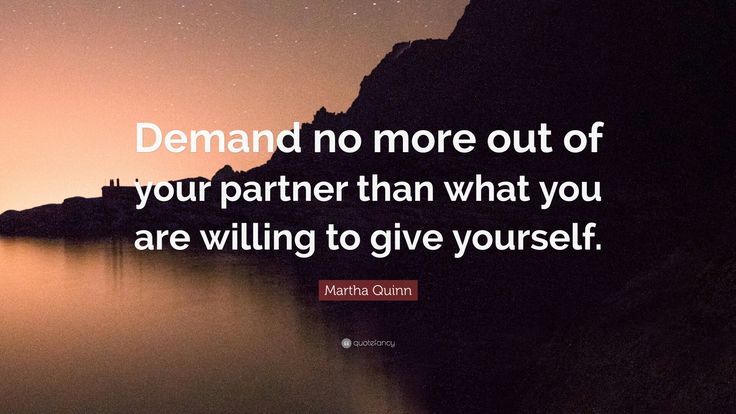 And once I went to him to support, to be near. However, when she arrived, she realized that if she started talking, she would burst into tears. She did not want to cry - she came to support, and not to be consoled.
And once I went to him to support, to be near. However, when she arrived, she realized that if she started talking, she would burst into tears. She did not want to cry - she came to support, and not to be consoled.
It turned out that they just sat silently at the table all evening. We drank tea and were silent. And when she got up to say goodbye and leave, her father-in-law hugged her and said: “Hold on, daughter.” And in these words there was so much love, care and anxiety for her, so much desire to help and at least somehow support, that she later admitted: “It was as if grace descended on me at that moment and I realized that I could survive my grief.” Listening to her, I understood the seemingly obvious - not so much the words are important, but the feelings that stand behind them.
“Everything will be fine”, “Everything will be fine”, “Life goes on”
whatever happened. Naturally, he doesn't want to hear about it. A person in acute grief thinks very differently: "I will be fine only if my loved one is next to me again. "
"
It may be good, but in a different way, and not immediately. First, he will have to learn to live without a loved one who has died. Grief is a process.
During mourning, a person performs a huge inner work, which is to keep the love and memory of the deceased, to go on in life without him. At the beginning of this journey, he does not imagine how good it is, but without a loved one. Therefore, the phrase "Everything will work out" is more likely to provoke an internal protest than to support.
But at the same time, you can tell him: “I know that it’s very hard for you now, but I also know that you can handle it.”
At the moment of acute grief, a person is in an altered state of consciousness, he often does not remember what friends or a psychologist say to him. But you can say these words to him, on which he can then rely: “You are very bad now, there will be moments when it will be even worse, and then better: it will be different. Everything that happens is normal, this is how grief is experienced, and there is no other way. The main thing to remember: you can handle it . You will be able to survive it. Take your time, give yourself time, strength will come, and you will learn to live on.
Everything that happens is normal, this is how grief is experienced, and there is no other way. The main thing to remember: you can handle it . You will be able to survive it. Take your time, give yourself time, strength will come, and you will learn to live on.
Unchildish grief Oncopsychologist Pavel Sapozhnikov on how to talk to a child about the death of parents
This must be said with confidence. Where such confidence? The fact is that a person has internal strengths and resources to cope with almost everything, this is how he is arranged, we know this from many examples. You do not know if he will be all right, but you hope that he has the strength to endure his great grief. You convey your hope to him in the form of the attitude "You can do it, you can do it." And somewhere at the level of his subconscious, this is fixed as a fact: “I can”, and this becomes a support.
“You will still have children”, “You will still give birth to a healthy baby”
This is often the way to comfort the parents of a dead child. But we must understand that for them the very thought of another child can be tantamount to the betrayal of a deceased child. In addition, no one knows whether they will have more children, whether they want to have children. It happens that a man consults: “I am so afraid that my wife may go crazy. Can we have another child? I understand that all this is from the best of intentions, but I always answer this way: “You probably had the worst thing that can happen in life - you lost a child. We lost the one you love, who became the meaning of life, with whom so many hopes were associated. And now 9 more0099 his time is the time of your farewell to him, the time when you learn to live without him. Live this time, and then decide whether you will have more children or not.
But we must understand that for them the very thought of another child can be tantamount to the betrayal of a deceased child. In addition, no one knows whether they will have more children, whether they want to have children. It happens that a man consults: “I am so afraid that my wife may go crazy. Can we have another child? I understand that all this is from the best of intentions, but I always answer this way: “You probably had the worst thing that can happen in life - you lost a child. We lost the one you love, who became the meaning of life, with whom so many hopes were associated. And now 9 more0099 his time is the time of your farewell to him, the time when you learn to live without him. Live this time, and then decide whether you will have more children or not.
But in fact, the truth here is also something else: if parents give birth to a child immediately after the loss, then there is a high risk that they can give birth to a substitute child.
This situation is dangerous because parents can unwittingly make the second child responsible for living the life of the deceased: they will compare him out loud or mentally with the first child, correct his behavior. They do this without wanting anything bad, simply, not having fully experienced the loss, they cannot renounce the image of the deceased child and transfer it to the newly born. But a completely different person was born! With its own characteristics, its own character and life tasks. And he may not resemble a dead child in any way. This pain can resonate in the soul of the parents and severe resentment in the soul of the child who is not accepted for who he is.
They do this without wanting anything bad, simply, not having fully experienced the loss, they cannot renounce the image of the deceased child and transfer it to the newly born. But a completely different person was born! With its own characteristics, its own character and life tasks. And he may not resemble a dead child in any way. This pain can resonate in the soul of the parents and severe resentment in the soul of the child who is not accepted for who he is.
If guilt tears the heart apart In all the languages of the universe, so different, we are connected by one dialect - the one that sounds in our hearts as the voice of pain. When we lose loved ones...
Psychologists usually advise not to make vital decisions within a year or two after the loss. You must first survive the grief, and then think about how to build your life further.
“The time has come”
This is how people often talk about the death of elderly people. This may sound arrogant. How can a person so confidently declare for whom it is time to die, and for whom it is not?
This may sound arrogant. How can a person so confidently declare for whom it is time to die, and for whom it is not?
Another thing is that for a person who is experiencing the loss of a beloved grandparent or parent, it does not matter how old they were. What difference does it make if it's time or not? He's hurt by the breakup!
When, after the death of my mother, I was filling out the necessary documents, I went into one office, and a woman I knew was sitting there. She said to me so calmly: “Mom died? Well, such is her age, her time has come - and she died. Yes, my mother was 79 years old, a worthy age, God forbid we all live so long. I didn’t answer her, but I thought: “You shouldn’t have said that.” It seems to be a standard phrase, but it doesn't sound good at all. "Her time has come." Maybe so, but it is very hard for someone who has just lost a loved one to hear this. This phrase cannot console anyone.
“God takes the best”, “God took, God gave”, “Now he is with God, he feels good”
The phrase “God takes the best” is also dubious consolation, it is incomprehensible and illogical. It turns out that those who live long are the worst?
It turns out that those who live long are the worst?
"Now he is with God" - so a believer can say to another believer. But this, rather, is not a consolation, but a statement: they both believe in it. However, the pain of separation from such words still does not decrease: when a person dies, we cry for ourselves, because we are bitter to part.
Photo: Jack Sharp / Unsplash
Saying such words to a non-religious, unchurched person very often means to inflame his wounds. There is a movie called "Rabbit Hole" where parents are shown dealing with the death of a child. They come to a support group, and there one mother says: “I know that my baby is now an angel, he is with God, he is fine. And we are happy! In response, the second mother explodes: “What, God can’t make himself angels?! Why did he want my child?
Such conversations with unchurched people can cause strong aggression. In general, resentment against God often arises at a moment of grief, people may be perplexed: “Why did God take my son (or husband, wife)? I don't need a God like that!"
Therefore, people who truly believe can talk about God among themselves. And, in addition, we must remember that faith is something deeply personal: each of us has our own beliefs, our own life experience and experience of faith, so the same words can respond in people in very different ways.
And, in addition, we must remember that faith is something deeply personal: each of us has our own beliefs, our own life experience and experience of faith, so the same words can respond in people in very different ways.
How are you?
This phrase is rather an attempt to make contact when a person does not know what to say, but it is important for him to start talking to someone who is experiencing a loss. And what to say? "How are you?". You need to understand that the answer to such a question can be anything, and be aware of how you will act further. As a phrase to enter into a dialogue, such words can take place, but they should not be limited.
If a person cares, he can ask differently: “ What can I do for you?” . Even if the mourner says, "Nothing," that's fine too.
At some point he needs to be left alone, or he really doesn't know how to help him. If you have specific suggestions, it’s better to voice them: “Let me stay with you”, “Let me come, help you with the housework, cook something”, “Let me take a walk with your children. ”
”
In fact, often a person really does not need anything - just being around is enough. Nothing special to say and no need ...
“Stay with me” — this is the meaning of the hospice The legendary St. Petersburg psychiatrist, MD, honorary doctor of the University of Essex, Andrey Vladimirovich Gnezdilov about work and life in the hospice
It so happened that when my mother died , there were no relatives, no relatives, no friends next to me, they were all in Moscow, and I was a thousand kilometers away. And, of course, despite all my professional and life experience, I experienced fear, grief, and confusion.
I don't know how I would have coped, but, thank God, my friend was there. The closest, the most real, with whom we have been friends for 36 years. She did not say any special words, did not perform heroic deeds, she was simply there all the time - in intensive care, when the doctor said: “We did everything we could . ..”, in the morgue, where it was so unbearably scary to go alone, because there lies your mother, at home, in the cemetery, after the funeral. I don't know how she did it, because the academic year was starting, she was the head of the department at the university, and she had a lot of things to do, and the university was in another city. She left, came and at the same time was always there. I don't know how I would have been without her.
..”, in the morgue, where it was so unbearably scary to go alone, because there lies your mother, at home, in the cemetery, after the funeral. I don't know how she did it, because the academic year was starting, she was the head of the department at the university, and she had a lot of things to do, and the university was in another city. She left, came and at the same time was always there. I don't know how I would have been without her.
Then my relatives arrived and I felt better from their very presence. I decided to stay until 9 days, and my son told me: "I'm staying too." I began to object that he had a university, studies, and he calmly replied: “I will be here as long as you will be.” This cannot be overestimated.
How can I help? Indifference
I have been working with people experiencing acute grief for many years, and still every time before meeting a person I am in some kind of stupor: I don’t know what exactly I will say to him. But when you come into contact with a person, there is an emotional connection between you, and the words come by themselves. For each they will be different. That's why I think it's important to feel the person. And this will not work if you are indifferent to him.
But when you come into contact with a person, there is an emotional connection between you, and the words come by themselves. For each they will be different. That's why I think it's important to feel the person. And this will not work if you are indifferent to him.
We can support a person only when we are emotionally with him, when we care.
There is such an idea that if you are not indifferent to everyone who has grief, you will “burn out”, waste yourself, it will destroy you, so you need to keep your distance. But all my experience says otherwise.
Indifference gives strength: we not only give, we receive.
When you fence yourself off and try to avoid difficult experiences, they still overtake you and “break through”, and this destroys you. At the moment when I communicate with a person, he is the most important person in the world for me. If you approach human grief in this way, the necessary phrases are found, and burnout does not occur.